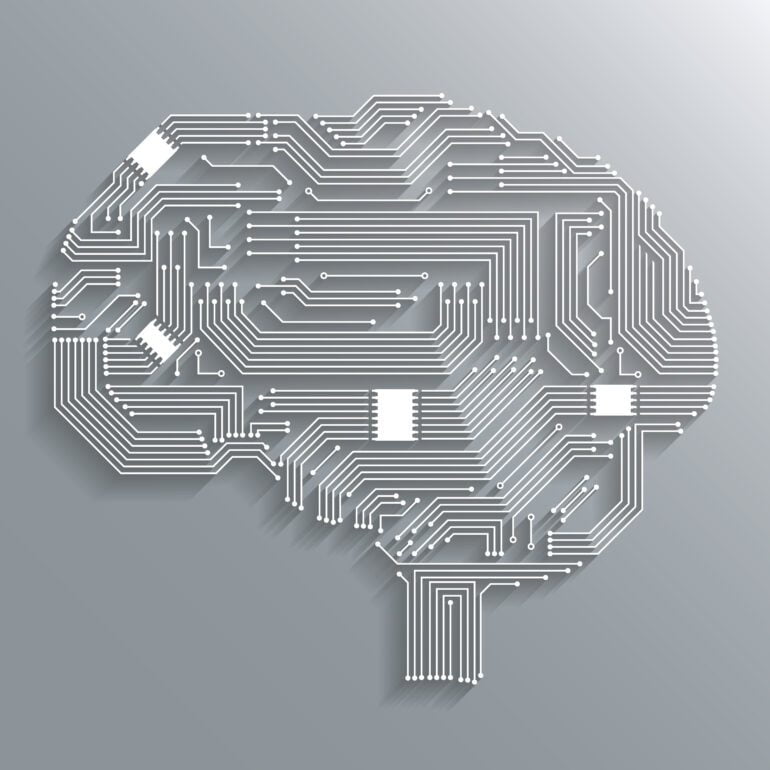Neuralink, the brain-computer interface company founded by Elon Musk, has just revealed their first human trial patient. A 29-year-old Noland Arbaugh who had a severe diving accident eight years ago, received Neuralink’s pioneering brain-chip implant. Arbaugh, who can’t move from the shoulders down because of the accident, managed to play chess on a laptop just by thinking about it.
This astonishing development was shared on the social platform, X, in a nine-minute video by Neuralink, demonstrating Arbaugh’s ability to control a laptop cursor and engage in a game of chess, purely through neural impulses.
Noland Arbaugh’s journey with Neuralink began after a life-altering diving accident left him paralyzed below the shoulders. With his condition severely limiting his interaction with the world, the Neuralink implant has opened new doors for him, enabling control over digital devices without physical movement. Arbaugh describes this capability as similar to “using the Force,” a reference to the telekinetic powers from the Star Wars saga. This highlights the seamless integration of thought and action enabled by the implant.
Elon Musk, the visionary behind Neuralink, shared this incredible achievement, dubbing it “telepathy.”
The U.S. Food and Drug Administration (FDA) had previously given green signals to Neuralink for human clinical trials. Arbaugh, the brave participant in these trials, has not only mastered chess through his thoughts but also engaged in his favorite video game Civilization VI straight for eight hours.
Despite the euphoria surrounding this achievement, both Neuralink and Arbaugh acknowledge the long road ahead. The implant, while life-changing, is in its nascent stages, with further refinement and testing needed to realize its full potential.
Arbaugh shared the challenges faced, emphasizing that the journey towards perfecting this technology is far from over. However, the positive impact on his life is undeniable.
Previous controversies surrounding Neuralink’s animal testing have sparked debates on the ethical implications of such invasive technology. Yet, the tangible benefits demonstrated by Arbaugh’s experience highlight the transformative potential of brain-computer interfaces for improving quality of life. As Arbaugh said about this brain chip implant “has already changed my life.”
Neuralink is part of a bigger field of companies and research centers exploring how to connect our brains to computers i.e., brain-computer interfaces (BCIs). This could lead to new ways to help people recover from injuries, overcome disabilities, and even improve mental capabilities. As we can see, Nerualink is working on its mission “Create a generalized brain interface to restore autonomy to those with unmet medical needs today and unlock human potential tomorrow.”
Hence, Neuralink’s successful test with Noland Arbaugh is a big step into a future where our thoughts might directly interact with technology, helping overcome physical limits and offering exciting possibilities for everyone.

